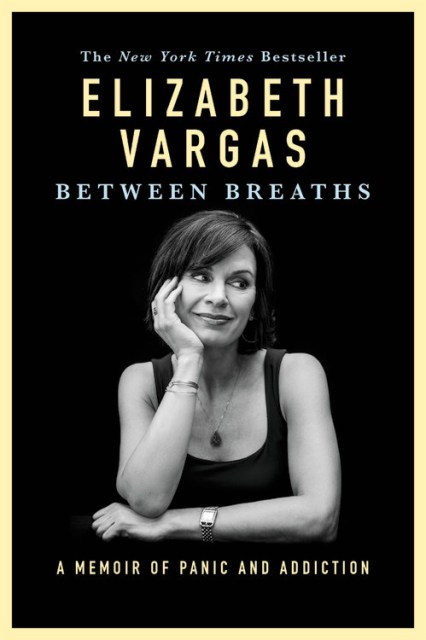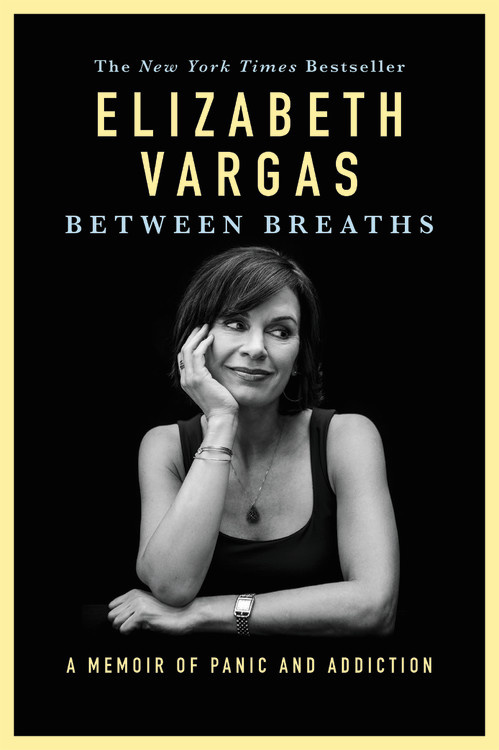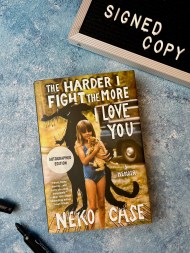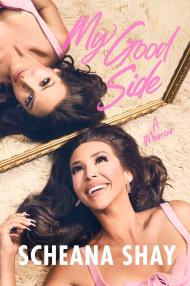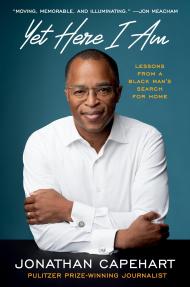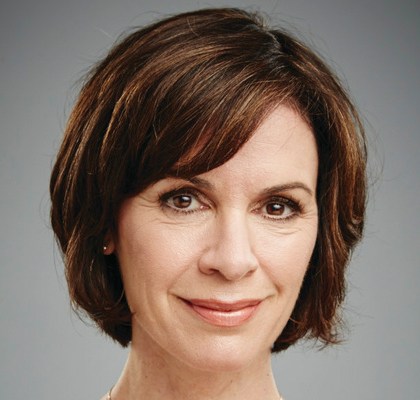By clicking “Accept,” you agree to the use of cookies and similar technologies on your device as set forth in our Cookie Policy and our Privacy Policy. Please note that certain cookies are essential for this website to function properly and do not require user consent to be deployed.
Between Breaths
A Memoir of Panic and Addiction
Contributors
Formats and Prices
- On Sale
- Sep 12, 2017
- Page Count
- 256 pages
- Publisher
- Grand Central Publishing
- ISBN-13
- 9781455559626
Price
$18.99Price
$23.99 CADFormat
Format:
- Trade Paperback $18.99 $23.99 CAD
- ebook $11.99 $15.99 CAD
- Hardcover (Large Print) $36.00 $46.00 CAD
- Hardcover $36.00 $46.00 CAD
- Audiobook Download (Unabridged)
This item is a preorder. Your payment method will be charged immediately, and the product is expected to ship on or around September 12, 2017. This date is subject to change due to shipping delays beyond our control.
Buy from Other Retailers:
Beloved former ABC 20/20 anchor Elizabeth Vargas share the truth about her alcohol addiction and anxiety disorder in this honest and emotional memoir.
From the moment she uttered the brave and honest words, “I am an alcoholic,” to interviewer George Stephanopoulos, Elizabeth Vargas began writing her story, as her experiences were still raw. Now, in Between Breaths, Vargas discusses her accounts of growing up with anxiety–which began suddenly at the age of six when her father served in Vietnam–and how she dealt with this anxiety as she came of age, eventually turning to alcohol for a release from her painful reality. The now-A&E Network reporter reveals how she found herself living in denial about the extent of her addiction, and how she kept her dependency a secret for so long. She addresses her time in rehab, her first year of sobriety, and the guilt she felt as a working mother who could never find the right balance between a career and parenting. Honest and hopeful, Between Breaths is an inspiring read. Winner of the Books for a Better Life Award in the First Book category Instant New York Times and USA Today Bestseller
From the moment she uttered the brave and honest words, “I am an alcoholic,” to interviewer George Stephanopoulos, Elizabeth Vargas began writing her story, as her experiences were still raw. Now, in Between Breaths, Vargas discusses her accounts of growing up with anxiety–which began suddenly at the age of six when her father served in Vietnam–and how she dealt with this anxiety as she came of age, eventually turning to alcohol for a release from her painful reality. The now-A&E Network reporter reveals how she found herself living in denial about the extent of her addiction, and how she kept her dependency a secret for so long. She addresses her time in rehab, her first year of sobriety, and the guilt she felt as a working mother who could never find the right balance between a career and parenting. Honest and hopeful, Between Breaths is an inspiring read. Winner of the Books for a Better Life Award in the First Book category Instant New York Times and USA Today Bestseller
-
"Read this book. If you love the sunrise and you want to see courage-the kind that stumbles and falls but rises and rises again. With love of family. And work that saves. My dazzling friend and colleague, Elizabeth Vargas, has stared straight into the lethal heart of addiction with the eye of a fearless journalist. She has written a book for us all about truth, bravery, and the hope that a new day brings."Diane Sawyer
-
"What my colleague Elizabeth has produced is not only a compelling read but also an act of true courage. This book is going to help a lot of people."Dan Harris, author of 10% Happier
-
"This gripping memoir of addiction takes readers from the highs of Vargas's successful news career to the low of alcoholism, and through the grace of recovery."Publisher's Weekly
-
"Ever the clear-eyed reporter, ABC television journalist Elizabeth Vargas honestly investigates her own psyche in this candid examination of the crippling anxiety and alcoholism she hid from the world for years."BookPage
Newsletter Signup
By clicking ‘Sign Up,’ I acknowledge that I have read and agree to Hachette Book Group’s Privacy Policy and Terms of Use
